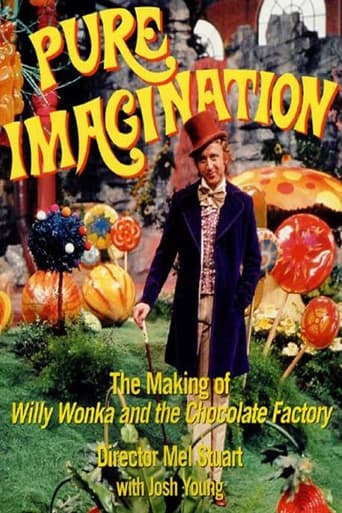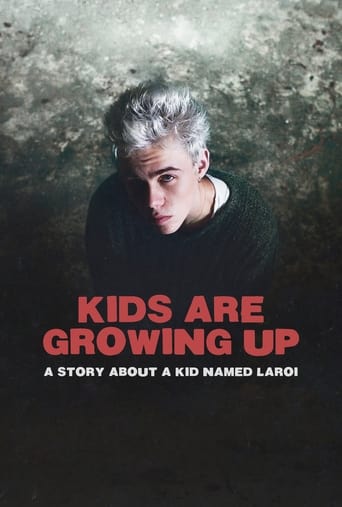Ella-May O'Brien
Each character in this movie — down to the smallest one — is an individual rather than a type, prone to spontaneous changes of mood and sometimes amusing outbursts of pettiness or ill humor.
rogersonjw
Honestly I went into this knowing that these types of short television documentaries are generally set up in advance and geared towards presenting some form of excitement or suspense for the viewer. What I wasn't expecting was the sheer level of exploitation of the tribal peoples of the Papua New Guinea villages visited. Certainly the production crew were there well ahead of time, arranging meetings and offering payments - that is how these types of shows work. But the host of the program shows absolutely no regard for any cultural displays presented to him, asking people over and over again "have you eaten human meat?". The phrase, human meat, is used a remarkable number of times, both towards the subjects and the viewer. There were a few instances where villagers are relating experiences of cannibalism with a grin, or a villager listening in the background is looking to others and grinning, which gives the feeling that the stories are simply that - stories, either coerced by the producers (perhaps for a fee) or simply to pull the silly white people's leg. What really struck me was towards the end of the program, as the host is preparing to leave a village, he wants to speak one more time with one of the main subjects. He is informed the subject doesn't want to speak as he has become sick with 'malaria' and his been awake all night sweating and with a high fever. Regardless, the subject is brought outside anyway to relate some more stories all the while looking absolutely depressed and dejected and no doubt feeling awful. I actually came away from this show feeling guilty, not due to the subject matter, but due to the blatantly ignorant and exploitative treatment of the indigenous people involved.

